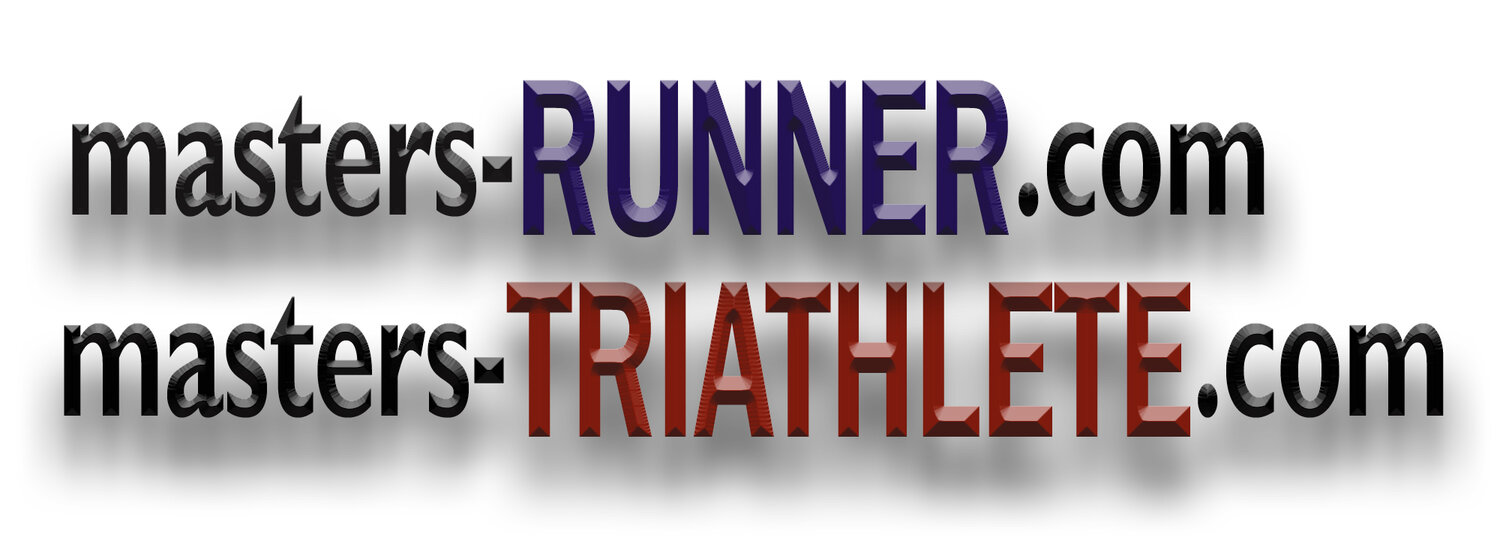We are capable of so much more
WEDNESDAY, SEPTEMBER 14, 2016
My mission as a professional strategist and facilitator is to help leaders and organizations find and achieve a compelling vision of the future.
My life as a competitive masters athlete and now a masters coach engages the same skills that I use professionally.
Applying my professional skills to myself and other masters athletes who want to improve and succeed, here are some questions that I believe are relevant:
Finding a vision. What kind of an athlete do you want to be? Purely recreational? Solo or with others? Just for fitness? Competitive in your age group? On the podium getting a medal?
Setting goals. What race or event or level of fitness will move you to your vision? Are there intermediate races or goals that you should target? If you are in it for the fun and camaraderie, what can you do to add to the joy and companionship? Are your goals realistic and attainable, challenging...or unattainable?
Laying out the plan. What sequences of activities over time will move you toward your goals, given where you are now and the time and resources you have available? How have others made the leap you want to make? What are best practices to get you there?
Executing the plan. What should you measure to see how you are growing and changing? How can you keep yourself motivated, healthy and accountable to your goals?
It's important to recognize that executing a good plan is not enough. Success as an athlete, however you define it and envision it, also requires a strong mindset. Furthering the intertwining of my professional and athletic lives, a few years ago I developed an approach called "STRETCH" to describe the mental approach that I believe it takes to be a successful runner and triathlete, or any athlete. In fact, it describes valuable life lessons I have learned through athletics that apply to being successful in any endeavor.
STRETCH
S See success. Envisioning success is a precursor to achieving it. Believe to achieve.
T Take the long road. Breakthroughs, great races, personal records and podium spots rarely come from luck. They result from a long-term journey with a great plan, following the plan and adapting it based on conditions and performance along the way.
R Recognize approach-avoidance. As we improve and near our goal, we sometimes veer away. We subconsciously fear success will deliver bigger goals and demand greater commitment.
E Erase limits. Limits are more often perceived than real. We are what we ask of ourselves. We are capable of so much more than we ask of ourselves.
T Trust. Be "Zen," don't press. Anxiety burns adrenaline and hurts performance. Trust your coach, the plan and your training.
C Choose to fail. Sometimes we fear failure and hold back. Yet, growth and improvement come from putting ourselves into situations where we try but fall short, learn and adapt so next time we perform better
H Handicaps don't dictate. Make the most of your assets. The person seen as having the greatest advantage - genetic, equipment, free time, whatever - often is overtaken by the competitor who builds on strengths, works around deficits, and embraces improvement and success.
What I believe is most important is worth repeating: We are capable of so much more than we ask of ourselves.
No way did I ever think I would be a sub-12 hour Ironman triathlete and run the Boston Marathon numerous times. If you know me, you know I am hardly the most gifted athlete. But I envisioned these things, developed and executed a plan over a long period, and got there. The "secret" is that I asked much more of myself than ever before.
What are you asking of yourself?

